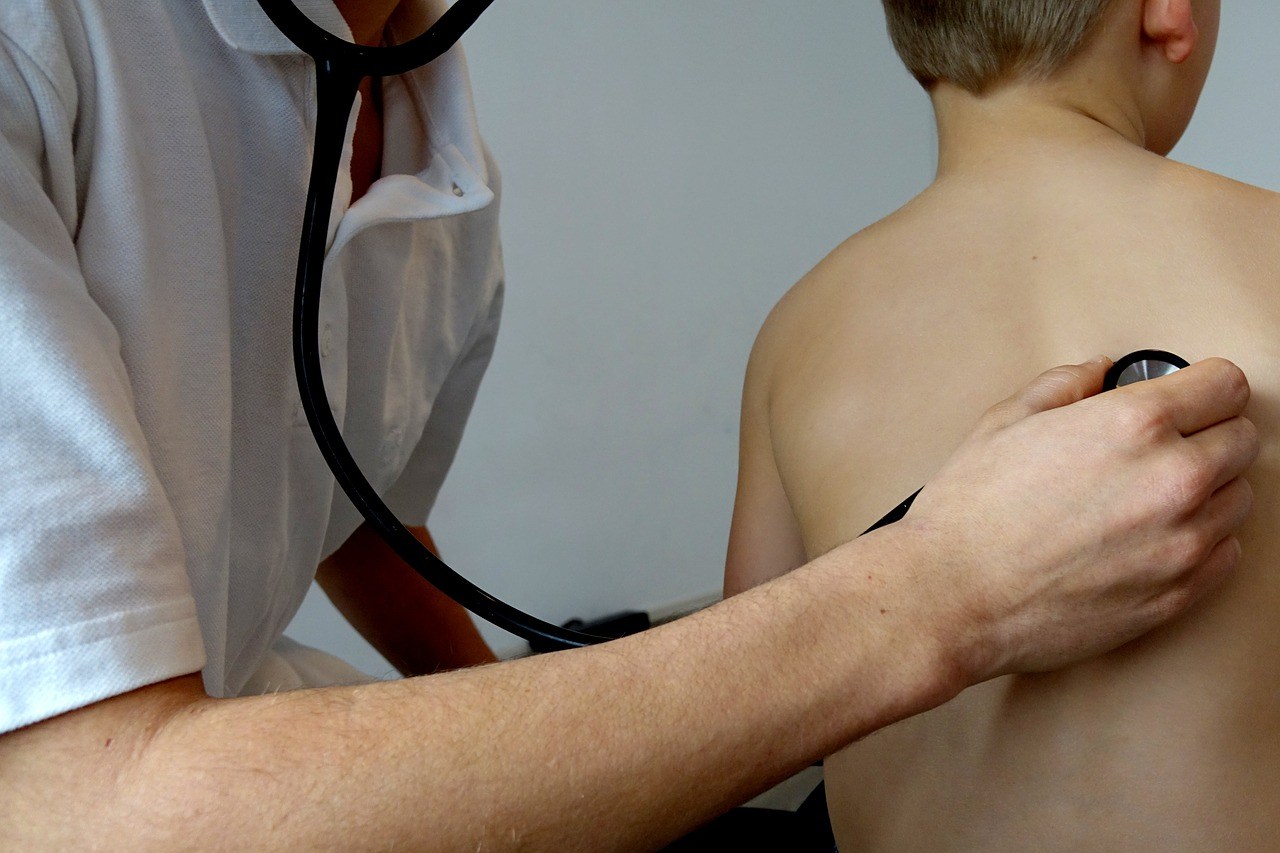After years of Belgium’s French-speaking community exceeding set quotas for admitting students to medical schools, there has been a breakthrough in the debates held with Flanders.
For the French-speaking side, there will be a restrictive entrance exam as of 2023, while all 'excess' admissions will be forgiven until 2027, De Standaard reports, which ensures anyone who was already admitted – even if it meant going beyond the quota – will still be able to graduate.
Flanders reacted with surprise to the “leap forward” in what they have described as a frustrating debate.
“Today, we are closing an unpleasant chapter that has dragged on for more than 25 years, with each year causing tension and distrust between our communities,” said Frank Vandenbroucke, Minister of Public Health (Vooruit).
New arrangement gets the green light
The Federal Government gave the final green light for the agreement with the French Community on the new arrangement.
With a so-called 'numerus fixus' on the French-speaking side and an entrance exam with a maximum number of available places, Vandenbroucke hopes that the excess influx of doctors will now finally be stopped.
For years, there has been discussion about how many doctors may graduate medical school in Flanders and Wallonia in order to ensure that everyone who does so will be able to find a job.
Related News
- French-speaking doctor quota exceeded again
- Hundreds of medical students go to court over quotas barring them from profession
- More students to start studying medicine as Flanders abandons Federal quotas
In principle, there are clear agreements on this, but for years the French Community has allowed more doctors to graduate than agreed upon. In response, last year Flanders also decided not to keep to the quota.
The Federal Government promised in a coalition agreement to quickly sort out a solution, but reality has seen it take quite some time.
Solid quid pro quo, with increase in both quotas
Both the Flemish and the French-speaking side will increase the quota once for the year 2028, mainly in regards to the number of general practitioners admitted, as these are more in short supply.
“The historic surplus on the French-speaking side is being absorbed because the planning commission takes these surpluses into account in its calculation model,” explained the Vandenbroucke cabinet.
For the same reason, all possible surpluses, both in Flanders and Wallonia, will be accepted until 2027 without building up a new 'debt'. In this way, all students who have already started studying medicine are now guaranteed access to the profession later on.

Since Flemish doctors work more hours than Walloon ones, the quotas for French-speaking doctors will also be raised somewhat.
Vandenbroucke emphasised that he has a guarantee from the minister of the Francophone Community, Valérie Glatigny (MR), that the numerus fixus will actually be implemented.
“But in anticipation of this, a responsibilisation will be implemented for the academic year 2022-2023,” says the cabinet. If the number of students in the French Community who can start in 2022-2023 exceeds the 2028 quota, the French Community itself will ensure that this is compensated for in the next three years.
“Any overshoot of the 2028 quota will immediately be deducted in full from the number of students admitted to basic training in 2029, and so on.”
From 2028 onwards, there should then be no more excesses due to the numerus fixus.
Flanders still harbours doubts that French-speaking community will comply
Vandenbroucke imposed his own ultimatum in parliament last year, saying that if he did not have an agreement on the quota by the end of January, there would be a response mechanism as agreed, which would force the Francophone community into line. But it did not come to that.
Vandenbroucke himself indicated that the Flemish government is still reticent about the agreement. Flanders indicated that it “first wants to wait for the realisation of the agreement with the French Community,” according to the cabinet.
Earlier, the Flemish side also criticised the current deal that was in the pipeline.
“Finally, a solution is in the making, but in the meantime the price for this is seeping through,” Jonas Brouwers, chairman of the Flemish Association of Physician Specialists in Training (Vaso), said last month.
Even today, Brouwers doubts the good intentions of the French Community: “I am still surprised by Vandenbroucke's leap forward. There was no consensus within the Flemish government. This agreement is completely adapted to the French-speaking needs, while the first sign of confidence has yet to come.”

